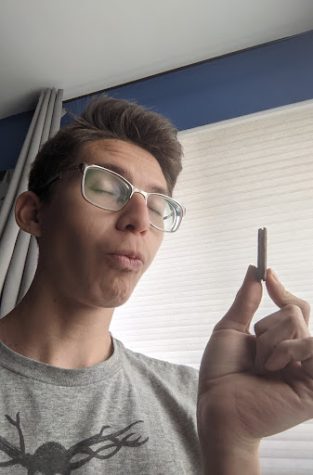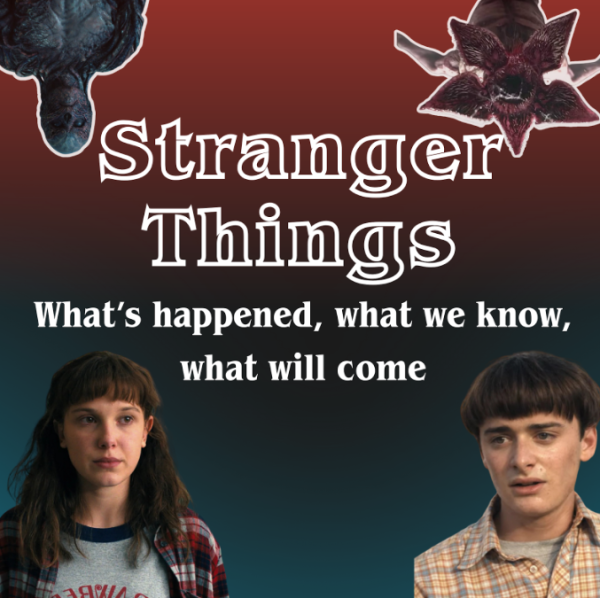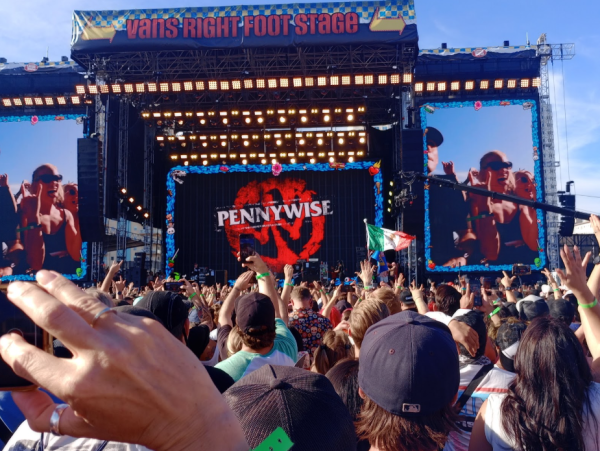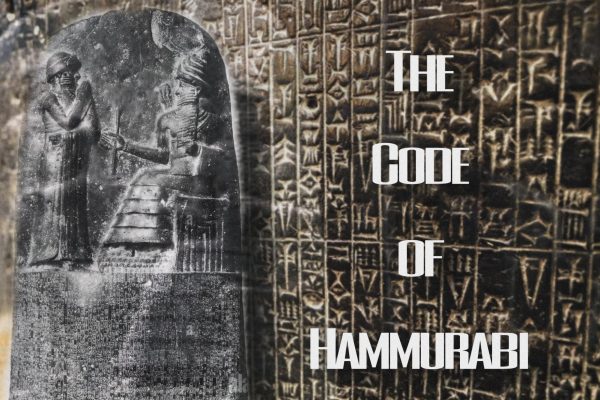WandaVision: A Reflection After the Finale
WandaVision captured an exciting feeling in the Marvel Cinematic Universe fandom. The first three episodes played with the audience and excited viewers with endless possibilities. As the show progressed and the mystery unraveled, each episode lost that same punch. WandaVision aired its series finale on March 5 but, attempts to tie up loose ends left many viewers unsatisfied with the conclusion. For all of the great moments that carry the show, there are, unfortunately, low points to balance them out (major spoilers ahead).
The good stuff comes to mind whenever I think back to the show. The initial three episodes denied the formulaic Marvel structure and hooked the audience without any explanation. The show thrusts the viewer into a fascinating world of television with dark elements lurking around every corner. It invites the viewer in without saying a word. But, only when it begins to talk does the show falter.
Episode four is where WandaVision begins to drop hints as to what is going on behind the curtain. We follow Monica Rambeau, who was previously introduced as Geraldine in prior episodes, as she grapples with the after-effects of Avengers: Endgame. This side of the story struggles with engaging the audience because it is merely an exposition device. Monica’s journey to discovering the truth is not as compelling, or, to put it simply, as interesting as the sitcom portions. Only when the mystery unravels does the show lose its charm.
But, not all hope is lost. These moments of exposition help the audience to realize Wanda’s intentions behind it all: her grief. Before WandaVision, Wanda Maximoff and Vision were side characters who lacked emotional depth. Here, the characters are fleshed out and allowed to shine as valid characters in the MCU. We see Wanda develop into a fully-formed person as she grapples with the five stages of grief. The entire show within the show is an embodiment of her misery. Seeing her tackle and come to terms with this realization gives her the emotional depth she rightfully deserved.
The show leads the viewer to believe that Wanda created this fictional world out of her grief (which she did) but muddles that reveal with Agatha’s introduction. Agatha acts as the main villain in the story and unveils that she has been behind everything all along. At this point, the show loses its steam. Agatha’s sole purpose is to pick and prod at Wanda until she confronts her grief, revealing the context behind everything. Now that all of the mystery and charm are gone, the only logical solution is to end with a big ol’ CGI battle!
Episode nine struggles to tie up loose ends while simultaneously setting up new ideas for future projects. Agatha introduces the Darkhold, the writers reveal Pietro to be none other than a normal townsperson, and a new Vision somehow gets thrown into the mix. The finale loses sight of the core storyline in favor of mindless action. The show’s entirety is about straying away from the generic superhero formula, so when the show ends with the two witches shooting magic at each other, it feels a little disappointing.
Overall, I loved the concept and the playfulness of the initial episodes. I only wish the show had better execution. I give it a 6/10.

Hi there! My name is Diego Caceres, and I’m the Editor-in-Chief for The Ubiquity, which means I edit articles and approve everything posted on the website....





